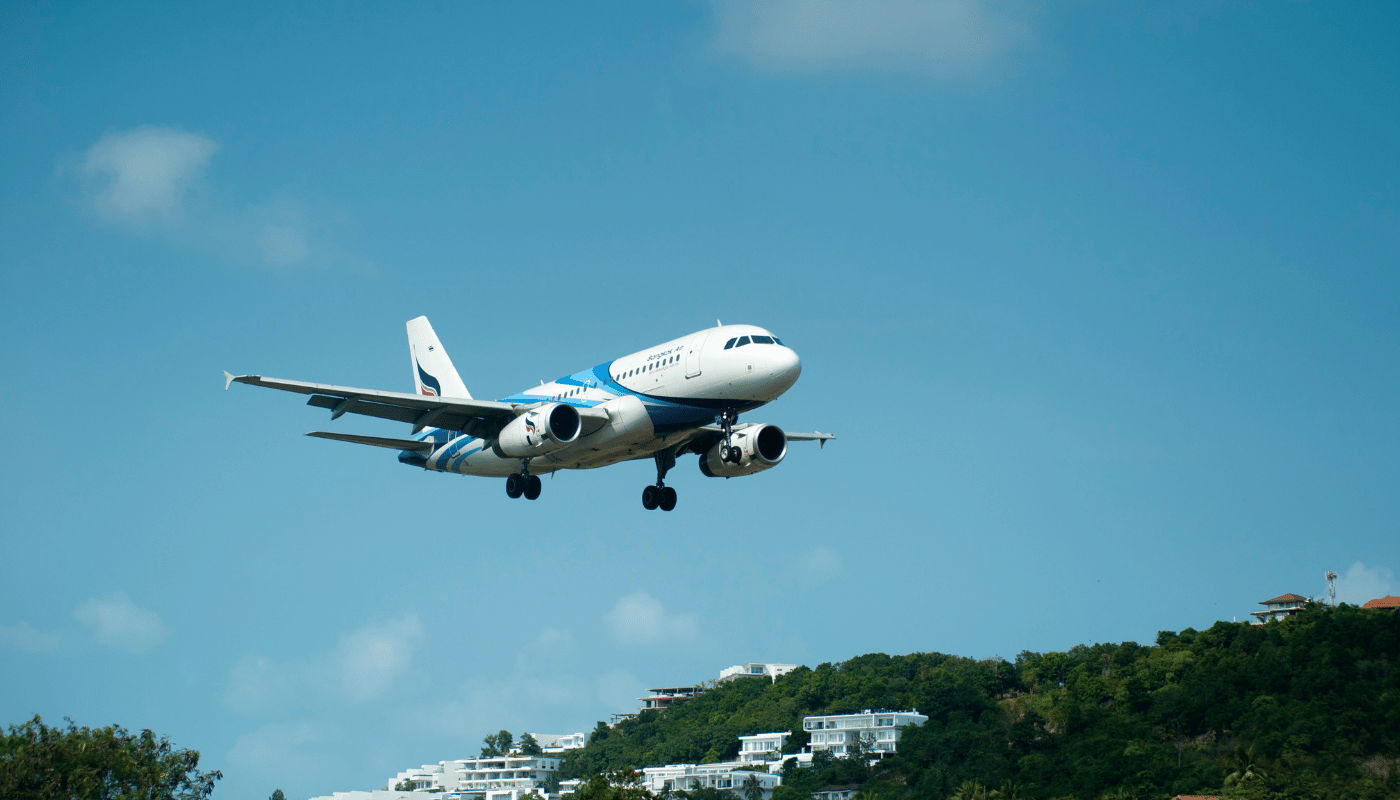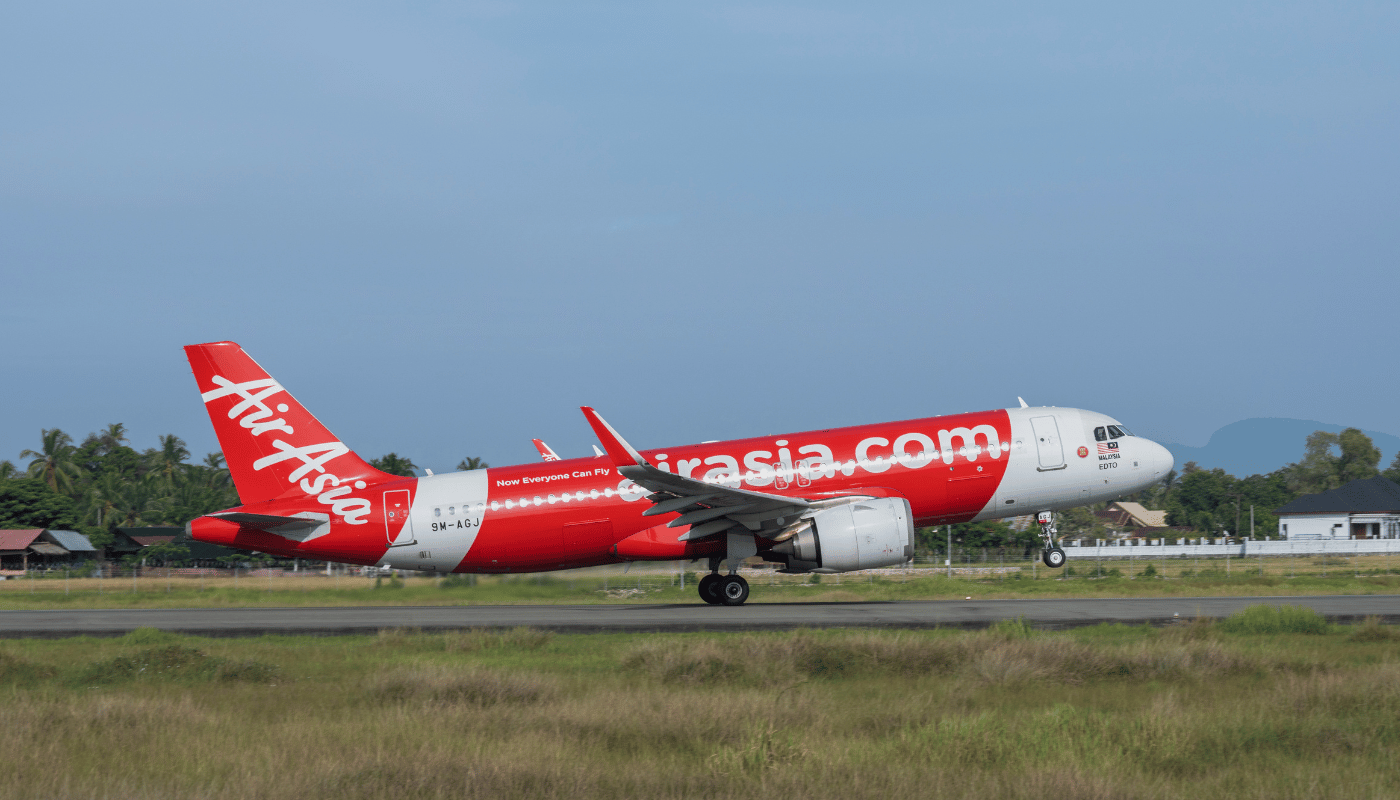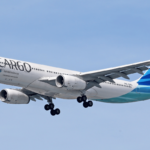In an increasingly interconnected world, international air transportation stands out as a pivotal element of global commerce, tourism, and diplomacy. But what is its primary advantage that makes it indispensable across various sectors? From the rapid delivery of goods to the seamless movement of people across continents, the benefits are vast and varied. This article delves into the paramount perk of international air travel, exploring how it fundamentally reshapes our approach to distance and time.
Unmatched Speed of Global Travel
The primary advantage of international air transportation is unequivocally its unmatched speed. In today’s fast-paced world, the ability to traverse vast distances in a matter of hours, not days, stands as a monumental achievement of modern engineering and logistics. This rapid mobility not only facilitates the seamless flow of commerce, connecting markets and catalyzing trade, but also brings people closer together, enabling cross-cultural exchange and understanding at an unprecedented scale.
When considering the alternatives—sea, road, or rail travel—the sheer velocity with which airplanes conquer the skies is unparalleled. This advantage is not just about reaching from point A to B in the shortest time possible; it’s about making the impossible seem mundane. Imagine attending a business meeting across the globe in the morning and being back in time for dinner, or embarking on a spontaneous weekend getaway to another continent. Such scenarios, which once belonged in the realm of science fiction, are now everyday realities, thanks to the speed of air travel.
Moreover, the evolution of aviation technology continues to push the boundaries of what’s possible, promising even quicker journeys ahead. With advancements such as supersonic and hypersonic travel on the horizon, the future of international air transportation looks poised to redefine our understanding of distance and time, reinforcing its status as the primary mode of long-distance travel.
Further Insights into the Speed of Global Air Travel
In delving deeper into why speed stands out as the primary advantage of international air transportation, it’s critical to recognize the profound impact this attribute has on global connectivity. The efficiency of air travel not only supports economic growth by enabling faster trade but also plays a pivotal role in emergency responses, allowing rapid deployment of aid and resources across the globe. This aspect of air travel’s speed underscores its significance not just in enhancing convenience but in bolstering global resilience against crises.
A Comparative Perspective on Air Travel Speed
Understanding the unparalleled speed of air travel becomes even more striking when contrasted with other modes of transportation. For instance, a journey that takes hours by plane can take days, if not weeks, by sea or land. This comparison highlights the transformative impact of air travel on our perception of distance and our ability to interact with the world.
| Mode of Transport | Speed (Average) | Range |
|---|---|---|
| Airplane | 575 mph | Long-haul |
| High-speed Train | 200 mph | Regional |
| Car | 70 mph | Local |
| Ship | 22 mph | Transoceanic |
| Bicycle | 15 mph | Very Local |
Broad International Network Access
One of the most significant advantages of international air transportation is its ability to provide broad international network access. This extensive network connects various parts of the world, making it possible for people and goods to travel between distant places with relative ease. The infrastructure of international airports and the range of destinations they serve facilitate the movement of passengers and cargo, linking cities and countries across continents.
The global reach of air transportation is unparalleled when compared to other modes of transport. This network is not only extensive but also highly efficient, enabling airlines to offer services to a wide array of destinations. From major metropolitan hubs to remote locations, air transportation connects the world in ways that are not possible through land or sea routes. The flexibility and convenience offered by this mode of transport significantly contribute to global trade, tourism, and economic development.
Moreover, the international air transportation network is constantly expanding, with new routes being added to meet the growing demands of global connectivity. This expansion is critical for the development of international business and cultural exchange, as it provides a reliable and fast means of accessing new markets and experiences. The ability to quickly adapt and expand services is a testament to the dynamic nature of the aviation industry, further underlining its role as a key player in global connectivity.
- Extensive connectivity between continents
- Efficient movement of passengers and cargo
- Access to remote and major metropolitan areas
- Contribution to global trade and economic development
- Dynamic expansion to meet global demands
The international air transportation network serves as a vital artery for global interactions, providing a bridge that facilitates not only the exchange of goods but also cultural and social connections. Its ability to offer wide-ranging access to numerous destinations around the world underpins the interconnectedness of the global community, making it an indispensable element of modern life.
Boosts Global Trade Efficiency
One of the foremost advantages of international air transportation is its unparalleled ability to enhance global trade efficiency. In a world where time is as valuable as the goods exchanged, the speed with which air transport can move products across vast distances is nothing short of revolutionary. This rapid transit capability allows businesses to operate on leaner inventory models, reducing the need for large, costly warehouses filled with stock that may or may not be used in the immediate future. Instead, companies can rely on the quick turnaround of goods, ensuring that products are not only fresh but also relevant to the current market demands.
Moreover, by enabling faster delivery times, international air transportation plays a pivotal role in supporting just-in-time manufacturing processes. This approach minimizes the need for extensive storage facilities and reduces the capital tied up in unsold goods, thereby enhancing a company’s liquidity and financial health. The agility afforded by air transport allows businesses to respond swiftly to changing market conditions and consumer preferences, a critical factor in today’s fast-paced economic environment. Whether it’s fashion, technology, or perishable goods, the ability to quickly restock shelves or supply manufacturing lines with essential components from anywhere in the world is a competitive advantage.
Another significant aspect of how air transport boosts global trade efficiency is through the development of stronger trade links between countries. By providing a reliable and rapid means of transporting goods, countries are better positioned to engage in trade agreements that benefit both parties. This interconnectedness fosters a sense of global community, where mutual economic benefits drive international relations and peace. Furthermore, the efficiency of air transport supports the growth of emerging markets, allowing them to participate more fully in global trade and benefit from economic development opportunities that were previously out of reach.
- Reduction in transit times leads to leaner inventory models.
- Support for just-in-time manufacturing processes enhances financial health.
- Ability to respond quickly to market changes and consumer preferences.
- Development of stronger trade links between countries.
- Supports the growth of emerging markets and their integration into the global economy.
In addition to the direct economic benefits, the efficiency boost from international air transportation has broader socio-economic implications. By facilitating quicker access to goods and services, air transport plays a crucial role in improving quality of life and promoting global equity. Medicines and vaccines, for example, can be rapidly distributed to areas in need, saving lives and preventing the spread of diseases. The ability to quickly move critical resources in response to natural disasters or humanitarian crises underscores the indispensable role of air transport in today’s interconnected world.
The efficiency gains from international air transportation are not just about moving goods faster; they represent a comprehensive enhancement of global trade dynamics. This mode of transport enables a more agile, responsive, and interconnected global marketplace, benefiting businesses, economies, and communities worldwide. As technology and infrastructure continue to evolve, the potential for air transport to further boost global trade efficiency is immense, promising even greater advances in how we conduct international business in the years to come.
High Level of Cargo Security
The realm of international air transportation is heralded for its unparalleled speed, but it’s the high level of cargo security that sets it apart, ensuring peace of mind for both businesses and individuals. Airports employ rigorous security measures, including advanced scanning technology and strict access controls, significantly reducing the risk of theft or damage. This meticulous attention to security is paramount when transporting high-value or sensitive goods, making air freight the preferred choice for many.
Moreover, the air cargo industry adheres to stringent international regulations, which mandate continuous security updates and improvements. This regulatory environment ensures that every shipment is handled with the utmost care and under constant surveillance. Additionally, the ability to track and monitor cargo in real-time provides an added layer of security, allowing shippers and recipients to stay informed about their shipment’s status at every stage of the journey.
Another facet contributing to the high level of cargo security in air transportation is the professional handling of goods. Trained personnel are well-versed in handling a wide range of cargo types, including hazardous materials, ensuring that all items are transported under optimal conditions. This expertise minimizes the risk of accidents, further enhancing the security of air freight.
| Feature | Benefit | Example |
|---|---|---|
| Advanced Scanning Technology | Reduces theft and damage risk | X-ray machines, CT scanners |
| Strict Access Controls | Prevents unauthorized entry | Biometric verification, ID checks |
| Real-time Tracking | Enhances shipment visibility | GPS tracking, online updates |
| International Regulations | Ensures standardized security measures | IATA guidelines, TSA regulations |
| Professional Handling | Minimizes risk of accidents | Specialized training for hazardous materials |
Understanding the high level of cargo security in air transportation reveals a critical component of its value proposition. It’s not just the speed of delivery that makes air freight attractive but the comprehensive security measures that protect the cargo from departure to arrival. This dual benefit of speed and security makes air transportation an indispensable mode of moving goods globally, catering to the needs of a wide array of industries and ensuring that products arrive not only quickly but also safely.
Versatility in Transportation Options
The realm of international air transportation is not just about speed; it’s also about the incredible versatility it offers. This flexibility is paramount for businesses and travelers alike, catering to a wide array of needs and preferences. Whether it’s the capacity to transport large quantities of goods or the ability to reach remote destinations, air transport provides a solution that other modes of transportation simply cannot match. This adaptability makes it an invaluable asset in the global transportation network.
One of the most significant advantages of air transport is its ability to integrate with other transportation methods, such as road and maritime transport. This seamless integration allows for a more efficient and comprehensive logistics chain, capable of delivering goods from the manufacturer directly to the consumer’s doorstep. Furthermore, the variety of aircraft available – from large freight planes to smaller passenger jets – means that air transport can be tailored to meet specific requirements, whether it be for the expedited delivery of perishable goods or the transport of valuable items with enhanced security measures.
Moreover, the continuous advancements in aviation technology contribute to the expansion of air transport’s capabilities, making it even more versatile and reliable. The development of more fuel-efficient and environmentally friendly aircraft is also opening doors for sustainable transportation solutions, further solidifying air transport’s position as a cornerstone of modern logistics and travel.
Further Insights into Versatility in Transportation Options
The versatility of air transportation extends beyond just the physical transportation of goods and people. It plays a crucial role in the globalization of businesses, enabling companies to expand their reach to international markets with ease. This accessibility is vital for the growth of global trade, fostering connections between distant regions and cultures. Additionally, the ability to quickly adapt to changing market demands and emergency situations exemplifies the unparalleled flexibility that air transport provides, making it an indispensable tool in today’s fast-paced world.
Another Perspective on Transportation Versatility
In exploring the versatility of air transportation further, it becomes clear that its impact is profound not only on the economy but also on society as a whole. The ability to connect people across continents in a matter of hours has transformed the way we view distance and time, bringing about a closer, more interconnected world. This aspect of air transport is especially crucial in times of crisis, where the rapid delivery of aid and the facilitation of evacuations can save lives. Thus, the versatility of air transport is a testament to its role as a lifeline, not just a means of conveyance.
| Feature | Benefit | Example |
|---|---|---|
| Integration with other modes | Efficient logistics chain | Door-to-door delivery |
| Variety of aircraft | Customizable transport solutions | Freight planes for goods, jets for passengers |
| Global reach | Access to international markets | Expansion of businesses worldwide |
| Technological advancements | Enhanced efficiency and sustainability | Fuel-efficient planes |
| Rapid response capability | Effective in crisis situations | Quick delivery of aid |
In conclusion, the versatility of international air transportation is a multifaceted advantage that extends beyond the mere speed of travel. It encompasses the integration with other transport modes, the diversity of available aircraft, and the adaptability to meet specific logistic and travel needs. This versatility not only supports global commerce and personal travel but also enhances the capacity for rapid response in emergencies, solidifying air transport’s role as an essential component of modern life. As we look to the future, the ongoing advancements in aviation technology promise to further expand the versatility and efficiency of air transportation, contributing to a more connected and accessible world.







